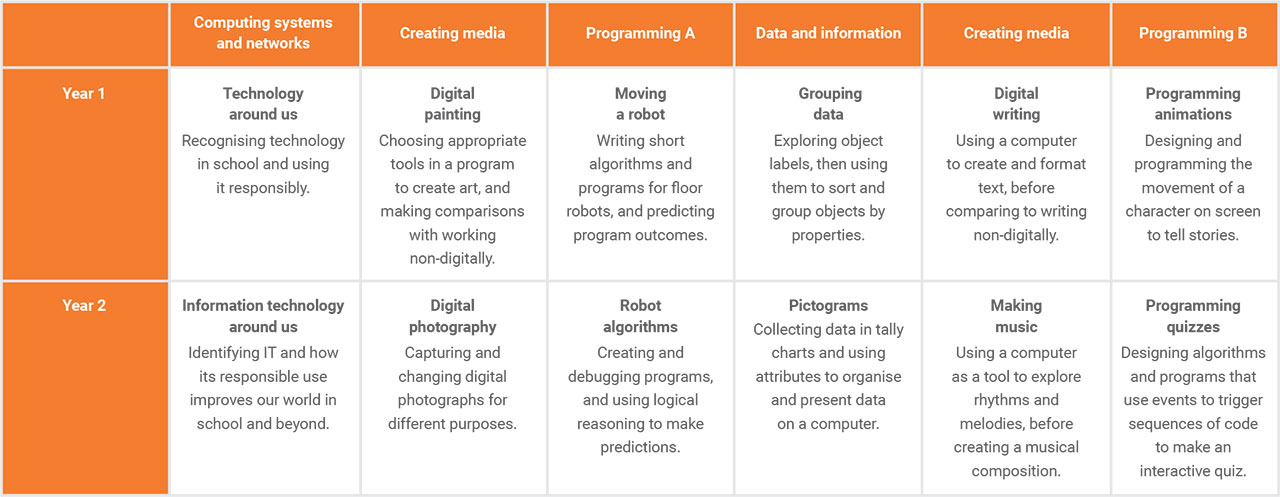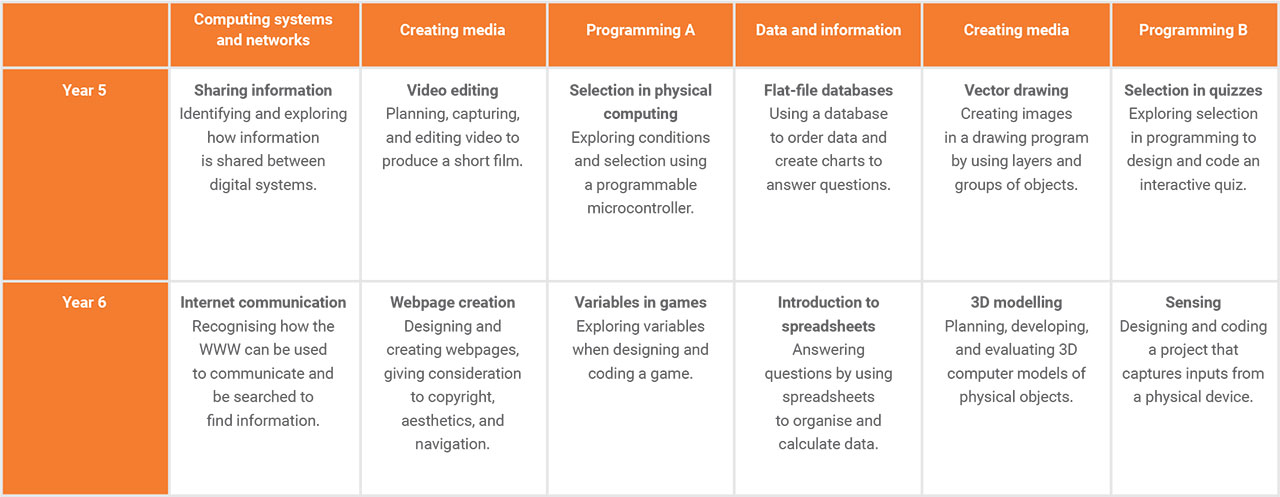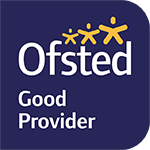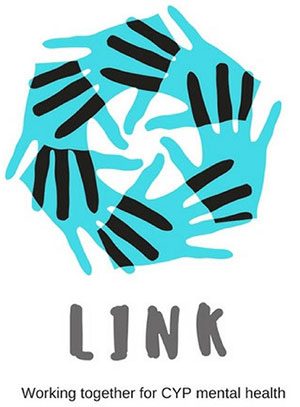VISION STATEMENT
At Moorlands we want children to be masters of technology and not slaves to it. Technology is everywhere and will play a pivotal part in childrens’ lives as they become citizens of the 21st century. Therefore, we want to model and educate our pupils on how to use technology positively, responsibly and safely.
We want our pupils to be creators not consumers, and our broad curriculum encompassing computer science, information technology and digital literacy reflects this. We also want our children to use technology to expand their horizons and explore the wider world and the opportunities it offers. We want our pupils to understand that there is always a choice with using technology and as a school we utilise technology to model positive use. We recognise that the best prevention for a lot of issues we currently see with technology/social media is through education. Building our knowledge in this subject will allow pupils to effectively demonstrate their learning through creative use of technology. We recognise that technology can allow pupils to share their learning in creative ways. We also understand the accessibility opportunities technology can provide for our pupils.
Our knowledge rich curriculum has to be balanced with the opportunity for pupils to apply their knowledge creatively which will in turn help our pupils become skilful computer scientists. We encourage staff to try and embed computing across the whole curriculum to make learning creative and accessible. We want our pupils to be fluent with a range of tools to best express their understanding.
AIMS
The school uses the ‘Teach Computing’ curriculum to deliver computing. This programme has been developed by the National Centre for Computing Education (NCCE), funded by the Department for Education and aims for every child in every school in England to have a world-leading computing education. The main aims of this curriculum are;
- To develop pupils knowledge and understanding through a ‘spiral curriculum’ which revisits themes at least once a year so learning is consolidated and built on previous knowledge
- To support all pupils, with sequenced lessons that build on the learning from the previous lesson, scaffolded where appropriate
- To adopt a range of pedagogical approaches which are embedded within the lessons making computing topics as accessible as possible
- To keep the Teach Computing curriculum regularly updated ensuring that children are receiving the most up to date, research-informed teaching
- To comprehensively cover all elements of computing which will lay the foundations for KS3 and beyond
DELIVERY
Teachers will use a broad range of strategies to deliver effective lessons to their pupils. These fall under a range of twelve principles related to the NCCE pedagogy toolkit.
- Lead with Concepts: Support pupils in the acquisition of knowledge, building a shared and consistent understanding.
- Structure Lessons: Use supportive frameworks when planning lessons
- Make Concrete: Bring abstract concepts to life with real-world, contextual examples
- Unplug, Unpack, Repack: Teach new concepts by first unpacking ideas, exploring them in familiar contexts and then repackaging this into the original concept
- Work Together: Encourage collaboration, specifically using pair programming and peer instruction
- Read and Explore Code First: When teaching programming, focus first on code ‘reading’ activities, before code writing
- Create Projects: Use project based learning activities to provide pupils with the opportunity to apply and consolidate their knowledge and understanding
- Model Everything: Modelling is particularly beneficial to novices, providing scaffolding that can be gradually taken away
- Get Hands-On: Use physical computing and making activities that offer tactile and sensory experiences to enhance learning
- Challenge Misconceptions: Use formative questioning to uncover misconceptions and adapt teaching to address them as they occur
- Add Variety: Adapt your teaching to suit different objectives
- Foster Program Comprehension: Use a variety of activities to consolidate knowledge and understanding of the function and structure of programs
COVERAGE
Pupils’ knowledge and understanding is developed through a ‘spiral curriculum’ which revisits themes at least once a year so learning is consolidated and built on previous knowledge. The coverage for each year group is summarised below;
EYFS
Through the delivery of a knowledge rich curriculum children in EYFS build a focused and sequenced body of knowledge which students are able to remember. Children in the EYFS should be aware of the technological diverse world that they live in. They will recognise that a range of technology is used in places such as homes and schools. They may select and use technology for a particular purpose. The children will use the IWB across their curriculum such as playing phonic games, maths games, singing and dancing to music. They will be encouraged to interact with other technology in the classroom such as Beebots, Code-a-pillars and IPads. A variety of old technology will be incorporated into the role play area to allow the children to use it in their play. Children will explore how technology has changed over time.
Key Stage 1

Key Stage 2

ASSESSMENT
Teachers will use a range of assessments to judge pupils attainment and progress and will adapt these in order that they are age appropriate. A pupil working at age-related expectations should be able to meet the success criteria for each lesson by the end of the unit. However, it should also be noted that some pupils may take longer to grasp certain skills and concepts and therefore may achieve a success criterion from a lesson at a later date.
Formative Assessment
Every lesson includes formative assessment opportunities for teachers to use. These opportunities are listed in the lesson plan and are included to ensure that misconceptions are recognised and addressed if they occur.
They vary from teacher observation or questioning, to marked activities. These assessments are vital to ensure that teachers are adapting their teaching to suit the needs of the pupils
that they are working with.
Summative Assessment
Pedagogically, when we assess, we want to ensure that we are assessing a pupil’s understanding of computing concepts and skills, as opposed to their reading and
writing skills. Therefore, in KS1 we encourage observational assessment while pupils are still developing their literacy skills.
In KS2 every unit includes an optional summative assessment framework in the form of either a multiple choice quiz (MCQ) or a rubric. All units are designed to cover both skills and concepts from across the computing national curriculum. Units that focus more on conceptual development include an MCQ. Units that focus more on skills development end with a project and include a rubric.




